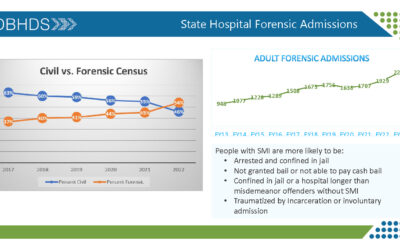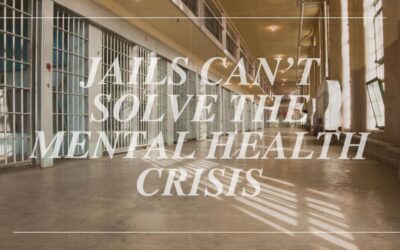Romantha Turner-Miller, BSN RN-CEN
Background
Considering the state as a whole, Virginia has a very low rate of youth in foster care. We rank among the five best states in the nation for having the fewest number of children in foster care per 1,000 residents (Annie E. Casey Foundation, Kids Count Survey 2019). Considering each different region of our state, however, vast disparities exist. Rural Southwest Virginia has six times the foster care rate of Northern Virginia.
Virginia also consistently ranks near the worst in the nation for the percentage of foster youth who age out of the system. 21.2% of Virginia’s foster youth will turn 18 and, having never been adopted into a permanent family, be too old to stay in care. The primary reason that children enter into foster care is that they were suffering child abuse and neglect that made their home unsafe for them. Many of the children who have lived through that trauma will go on to live in one foster home after another, or be placed in a group home. A disturbing 21.2% of them will then become legal adults with little or no social or emotional support.
Mental Health Impact
While about 20% of the general population has significant mental health issues, up to 80 percent of children in foster care have significant mental health issues. Among foster youth, these problems commonly include post-traumatic stress disorder (PTSD), major depression, dysthymia, mania and hypomania, psychotic disorders, social phobias, panic disorder, generalized anxiety disorder, drug or alcohol dependence, and bulimia. Foster children are five times as likely to have anxiety and seven times as likely to have depression than children not in the child welfare system.
Children experiencing complex trauma may have severe symptoms while growing up that follow them into adulthood. In one study of foster youth aged 16-17 years old, ¼ of them have attempted suicide. The suicide attempt rate for foster youth living in a group home was 2.6 times greater than those living in a foster home. The Adverse Childhood Experiences Study (ACEs) determined that there is a 60% increase in risk of suicide attempt with every additional adverse childhood experience. PTSD occurs among the adults who were previous foster children at a rate of about five times that of the general population.
The current gold standard treatments for these complex mental health issues include cognitive therapies that are specific to the need and individualized for the child. These therapies involve conscious work to change cognition and emotional regulation, and neuroscientific research has found evidence that this can directly influence the electrochemical dynamics in the brain for the better. Clinical mental health therapies are often needed in conjunction with psychotropic medications under the direction and oversight of psychiatric providers.
Mental Health Care for Foster Youth
In Virginia, it is estimated that only 1 out 5 of Virginia children with mental health issues ever gain access to the mental health care that they need. Research suggests that routine periodic screening for mental health and substance use issues should be common practice when working with youth in foster care, and that child welfare agencies should pay special attention to the mental health service needs of youth who will soon be aging out. Due to the unstable living situations of our foster children, however, what clinical mental health care they do receive can be inconsistent at best.
Mental and behavioral health requires the presence of at least one nurturing, responsive caregiver who is stable in the child’s life over time, and mental and behavioral health is the largest unmet health need for children and teens in foster care. A child’s natural resiliency factors can be strengthened to help offset the negative health impacts of adverse experiences.
A Few Resources for Clinical Mental Health Care of Foster Children
“It is easier to build strong children than repair broken men.” -Frederick Douglass
ChildSavers is a non-profit in Richmond VA that provides children’s mental health services and child care resources. www.childsavers.org
Community Services Boards –
Virginia Association of Community Services Boards (VACSB)
Navigate to the local directory here to find your local public mental health provider:
CSB/BHA Directory – Virginia Association of Community Services Boards (VACSB)
Psychology Today
Detailed listings of local and telehealth providers:
Substance Abuse and Mental Health Services Administration
A confidential and anonymous source of information for persons seeking health for substance use/addiction and/or mental health problems:
Virginia Mental Health Access Program
Mental health resources for primary care providers treating youth:
About VMAP | Virginia Mental Health Access Program
Virginia Treatment Center for Children
Crisis, Outpatient and Inpatient Services
VTCC’s Cameron K. Gallagher Mental Health Resource Center
Sources
Mental Health and Foster Care (ncsl.org)
Mental Health – Voices for Virginia’s Kids Voices for Virginia’s Children (vakids.org)
Support Services for Youth in Transition: Mental Health – Child Welfare Information Gateway
The Science of Cognitive Therapy – ScienceDirect
Virginia Performs: Measuring What Matters to Virginians
Why Cognitive Behavioral Therapy Is the Current Gold Standard of Psychotherapy (nih.gov)
Suicidality Among Preadolescent Maltreated Children in Foster Care (nih.gov)



